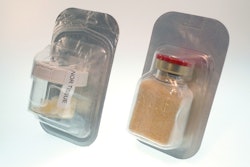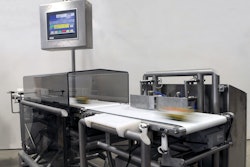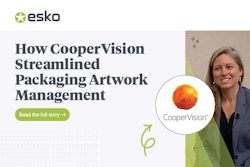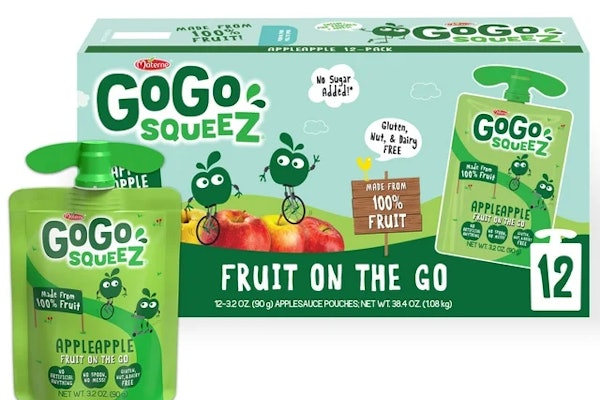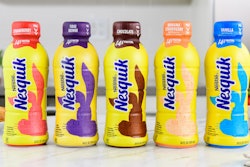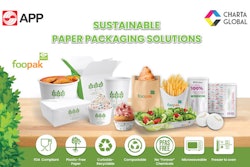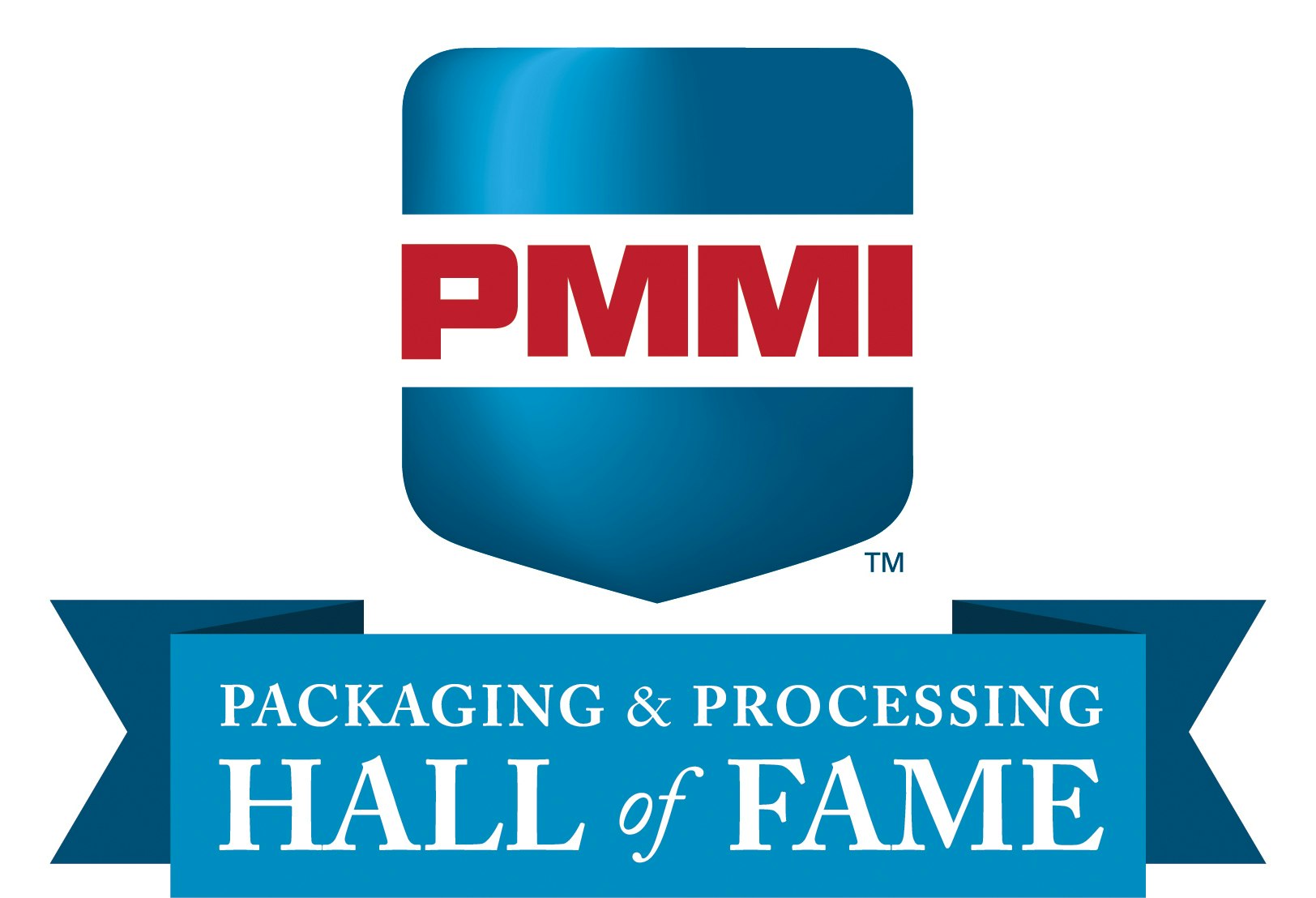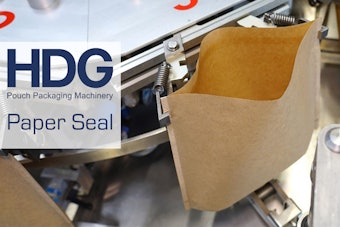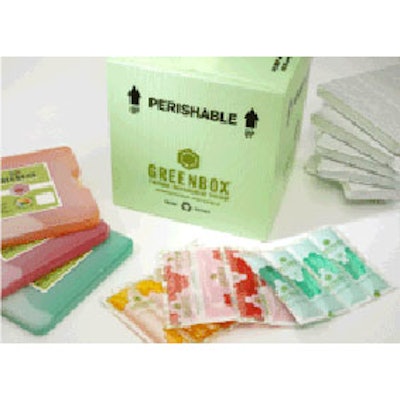
Global biopharma company Bristol-Myers Squibb (BMS) “focuses on discovering, developing, and delivering innovative medicines that help patients prevail over serious diseases.” That BMS Web site corporate description could be applied to the company’s success in improving its cold chain performance and reducing related costs.
Specifically, by employing ThermoSafe Brands’ Greenbox™ thermal management system (a Greenbox system is shown here), BMS is enjoying considerable benefits in its cold chain distribution system.
Those benefits were noted by Bill Wyrovsky, associate director, regional logistics clinical supply operations, BMS, during his Sept 28 presentation entitled, “Implementing A Re-Usable Packaging Solution To Ensure Cost-Effective Delivery Of Clinical Products” at the 9th Annual Cold Chain Temperature Management Global Forum in Philadelphia.
In 2009, BMS sought to improve its cold chain performance. Said Wyrovsky, “We were using multiple shipper types and didn’t have the kind of organized strategy we preferred. We also wanted to improve compliance, as it was inconvenient for our doctor-office and clinic customers to store or discard single-use packages. They felt the need to keep them.”
The company’s growing number of biologics-based products, 40% of which he says are cold chain shipments, meant that water-based gel packs “weren’t the best solution.” In an effort to reduce waste generated by the single-use systems the company was using, BMS worked with other corporate locations and with its Packaging Technology Group to conduct analyses using modeling tools.
The search led to the selection of the Greenbox system. The packaged temperature-sensitive product is placed within a medium-density polyethylene outer container. Phase-change materials and insulation help maintain proper temperatures. The container uses Velcro closures on the reusable, recyclable Greenbox. “Vacuum-insulated panels allow us to maximize payload efficiencies for the size of the box, which is good for inbound and outbound logistics costs,” said Wyrovsky. The Greenbox also allowed BMS to dial in the temperatures they wanted for the shipment to prevent product freezing, which is vital for the biologic products. “There is no thermal degradation after multiple reuse,” he noted.
As for benefits, Wyrovsky explained that the Greenbox provided improved thermal performance compared to previous systems. “We experienced a reduction in excursions and loss of product, which is especially important with costly biologics. That helps us financially, and helps us simplify a universal process for improved distribution productivity and efficiency. Plus there is a sustainability benefit in that the Greenbox has a return and reclamation process.”
Wyrovsky explained that BMS launched its pilot phase with Greenbox in 2009. There were 551 shipments, with a 16-day average return, for a return rate of 97% of boxes. “We had positive feedback from our sites, site monitors, and floor operators. It simplifies their pack-out complexity and improves labor efficiency. And it virtually eliminated product loss.”
In Phase II, BMS planned for expanded use of the Greenbox. That began in late 2010, and by early this year, Wyrovsky, noted that BMS began using three Greenbox sizes for all its cold chain shipments.”
To date, BMS has made 5,200 shipments with the Greenbox, with an average return time of 19 days, and a return rate of 97%. BMS handles all box reclamation internally rather than use external inspection and refurbishment. “We incorporated the same procedures on our floor that the third-party company used in the process,” Wyrovsky said.
The company is now working on Phase III, which involves evaluating Greenbox not just on shipments from its New Brunswick, NJ, location to other U.S. sites, but also globally. “We also plan to evaluate using alternate services such as next-day or second-day delivery rather than overnight to generate more cost savings. And we can now ship on Thursdays or Fridays to a clinic and be confident that the product will remain in its required temperature range,” said Wyrovsky.
“There are additional benefits with the Greenbox in that its use aligns with our corporate goals of having strong environmental and sustainability initiatives,” he added. “It will allow us to implement the same structure on a more global basis. The same box can be used 20 times, and it works for both large- and small-molecule products, liquids, solids, and tablets. We’ve experienced no reported excursions and have seen excellent results in monitoring temperatures, plus we’ve received positive customer feedback.”

